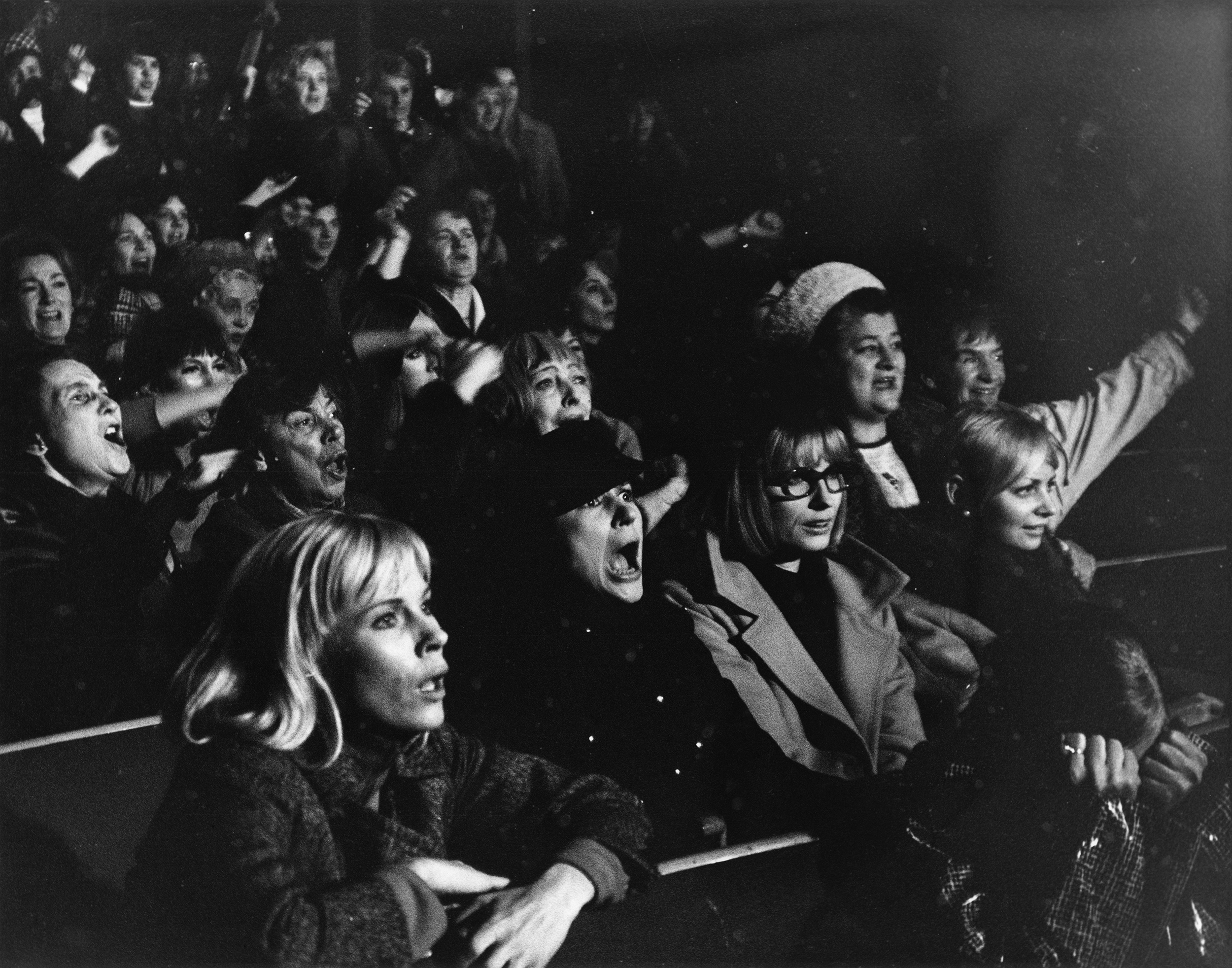About the lists: Calls to socially distance and self-isolate are driving people to look for things to watch. But the sheer amount of options out there can be overwhelming. For this reason, we at the Centre for Screen Cultures are producing themed playlists of film, video, and television so you can organise your own series or festival at home (or home school). They will update here and here: https://screenculture.wp.st-andrews.ac.uk/category/media-playlists/
In this list, Anna Backman Rogers offers a personal and brief look into the cinematic offerings of women from Sweden:
Seven Films by Women from Sweden
Gender equality is one of the famed mainstays of Swedish political policy – a narrative that has accrued mythical proportion, the veracity of which many would argue is worth probing into deeper. This has extended to the Swedish film industry and CEO of the Swedish Film Institute, Anna Serner, has been a notable champion of equality since taking up the post in 2011. There is much more to say on the subject of gender equality in every aspect of filmmaking in the Nordic regions, but I would like to take this opportunity to promote just a few of the exceptional films made by women that have come out of this country I now call my home. This is a highly personal list that is limited only to one of Scandinavia’s countries. The Nordic regions have a wealth of women’s filmmaking to offer us and this is but a small glimpse.
Future My Love (2013) + MAN (2016): Maja Borg
Amongst my most favourite of living filmmakers, Borg creates a frangible cine-poetics out of emotional devastation. Future My Love is an elegy for love at the end of the world; MAN is a meditation on pregnancy and bodily identity given voice to through the only known sound recording of Virginia Woolf. Both will change you on an atomic level.
Future My Love is available on demand through Vimeo.
Belleville Baby (2013) + Lucky One (2019): Mia Engberg
Two films from this planned trilogy have now been released. Neither autobiography nor purely fiction, both films effect a complex parsing of identity in the midst of crisis. Lucky One has stayed with me every day since seeing it at Goteborg’s Film Festival in 2019: a film that actively works against a contemporary culture saturated in images. Engberg’s films are, for me, the very definition of a cerebral, yet affective cinema.
Sami Blood (2016): Amanda Kernell
An excoriating, vital confrontation with Swedish history and its treatment of Sami culture and people. Elemental and brutal in its reckoning, this film is as insightful about the nature of ‘home’ and cultural identity as it is about contemporary nationalistic politics.
Sami Blood is available to watch on Amazon.
En armé av älskande/An Army of Lovers (2019): Ingrid Ryberg
The result of years of painstaking research on the part of Ingrid Ryberg (Senior Lecturer in Film at the University of Gothenburg), this tender documentary, ripe with archival footage, unearths a wealth of cinematic history and activism within the gay liberation movement of 1970s Sweden. A call to arms and a call to love in these dangerous times of ours. Ryber discusses the project in an interview in Mai: Feminism & Visual Culture.
The Girls (1968): Mai Zetterling
A film I adore so much that I named an entire feminist journal after its director. Deeply iconoclastic and irreverent, this is, in my opinion, Zetterling’s most fearless film. Still so wholly radical in both intent and form that we are struggling to keep up with it.
The film is available for viewing through Fandor. And I discussed the film with Club des Femmes.
***
Anna Backman Rogers is a Senior Lecturer in Feminism and Visual Culture at the University of Gothenburg, Sweden. She is the co-founder and co-editor-in-chief, with Anna Misiak, of www.maifeminism.com
